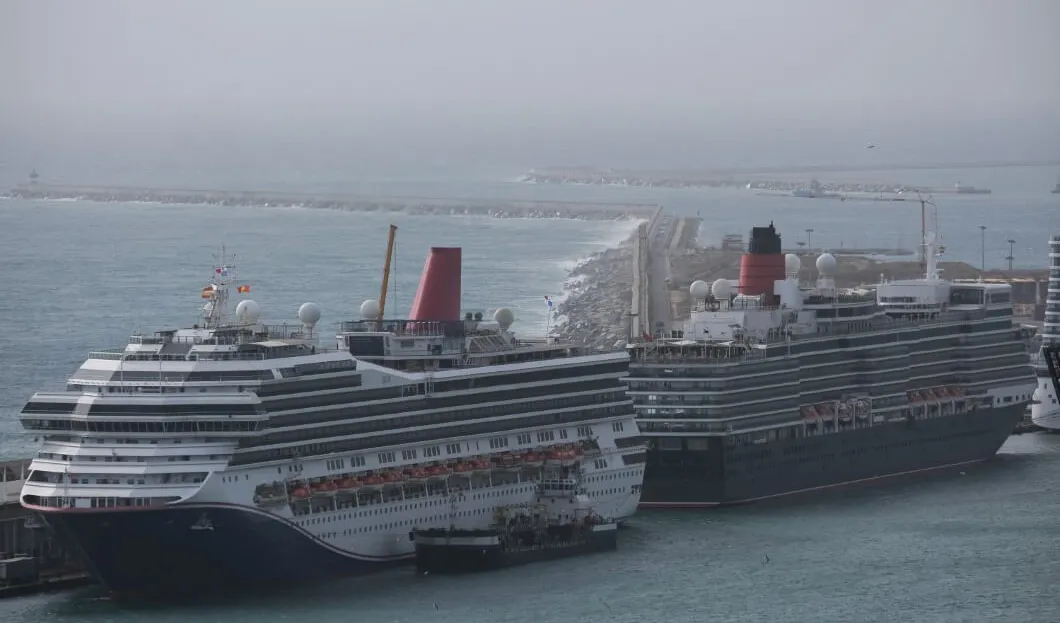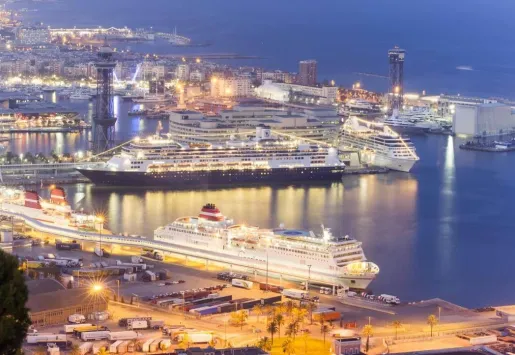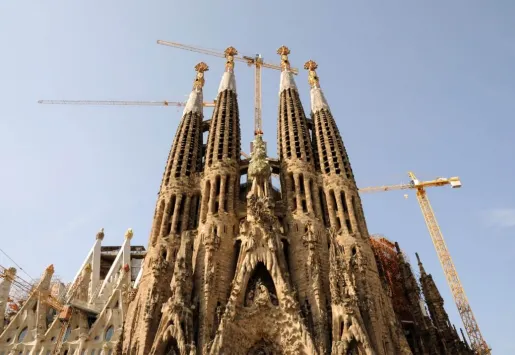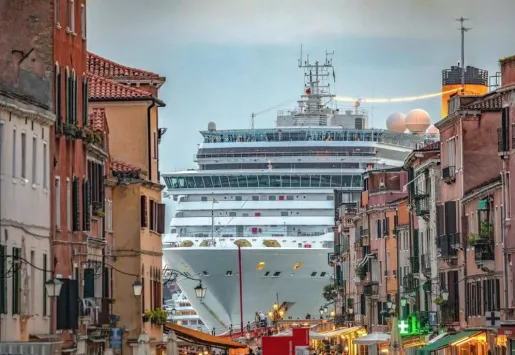
In 2024, 22% of cruise ships that call at the Port of Barcelona will use liquefied natural gas (LNG) as a transition fuel due to its reduced pollution levels. The Council for the Sustainability of Cruises, comprising relevant administrative bodies, entities, and organizations related to the cruise industry, recently held its first plenary meeting. The meeting focused on evaluating the environmental, social, and mobility initiatives carried out in the previous year and preparing the roadmap for 2024.
During the meeting, the three Working Groups provided updates on the current status of their respective actions. The environmental quality, mobility, and economic-social groups discussed several topics, including the Port of Barcelona's agreement with the cruise industry to avoid supplying water to ships during emergencies caused by droughts.
The meeting also addressed the maritime sector's entry into the EU Emissions Trading System (EU ETS) and its potential effects on the cruise industry.
The session also highlighted the initiatives taken to monitor the mobility of cruise passengers and promote new areas of interest for them. The Economic and Social Group, in collaboration with CLIA and the Consorci d'Educació de Barcelona, is working to identify existing job opportunities in the sector.
The Port of Barcelona has initiated the implementation of the first Onshore Power Supply (OPS) system in a cruise terminal to provide energy from renewable sources to ships while they are docked. This will help reduce emissions and promote sustainable practices. The OPS system will be installed at the upcoming MSC Cruises terminal, currently under construction at the Adossat dock.
The Port's president has highlighted that more and more cruise ships are using LNG (liquefied natural gas) as a transition fuel. This year, 22% of cruise calls at the Port of Barcelona will be from ships running on LNG. This fuel is known to eliminate 100% of emissions of sulfur oxides (SOx) and particulate matter, up to 70% of nitrogen oxide emissions, and up to 20% of CO2 emissions compared to traditional fuels.
The Port will continue to progress in fulfilling its commitments in the coming months. This includes the tender for the seventh and final cruise terminal to be installed at the Adossat dock, the commissioning of the new MSC Cruises terminal, and the closure of the South cruise terminal at the Barcelona dock in 2026.
The agreement with the City Council involves an investment of approximately 335 million euros, of which 140 million corresponds to the port and 195 million to private investment.














